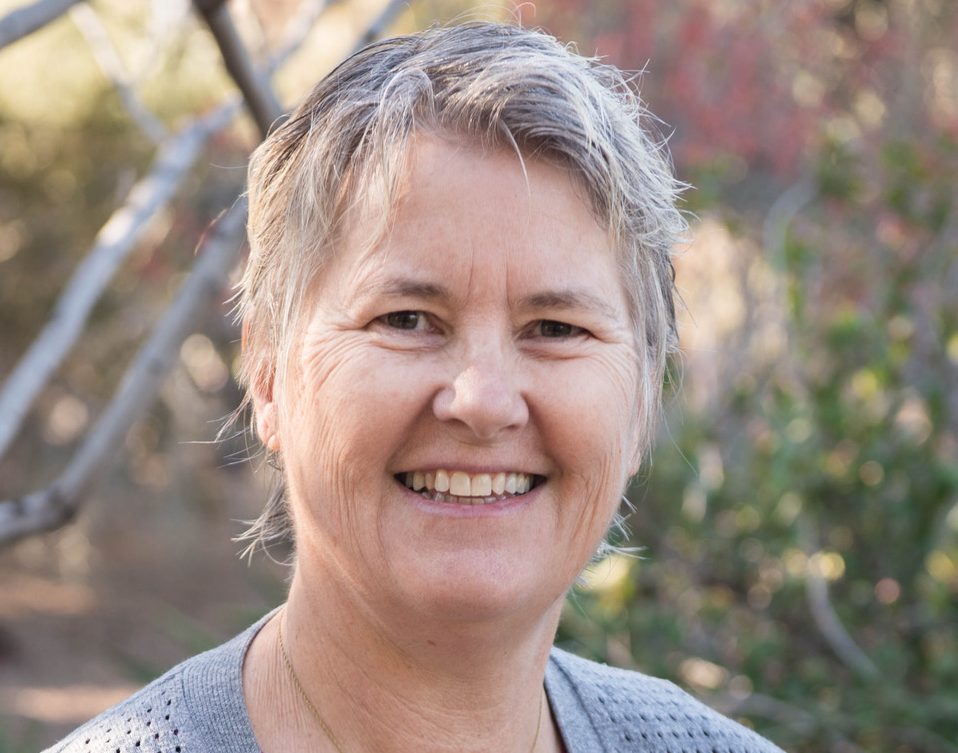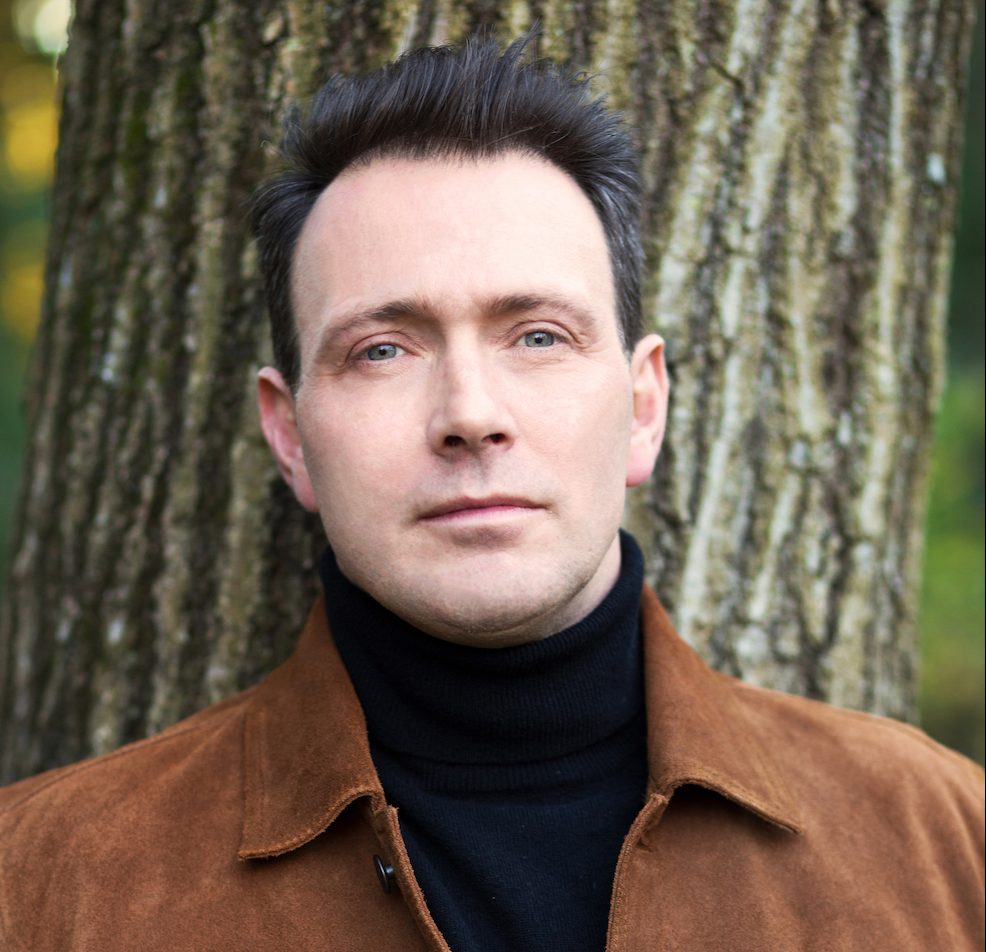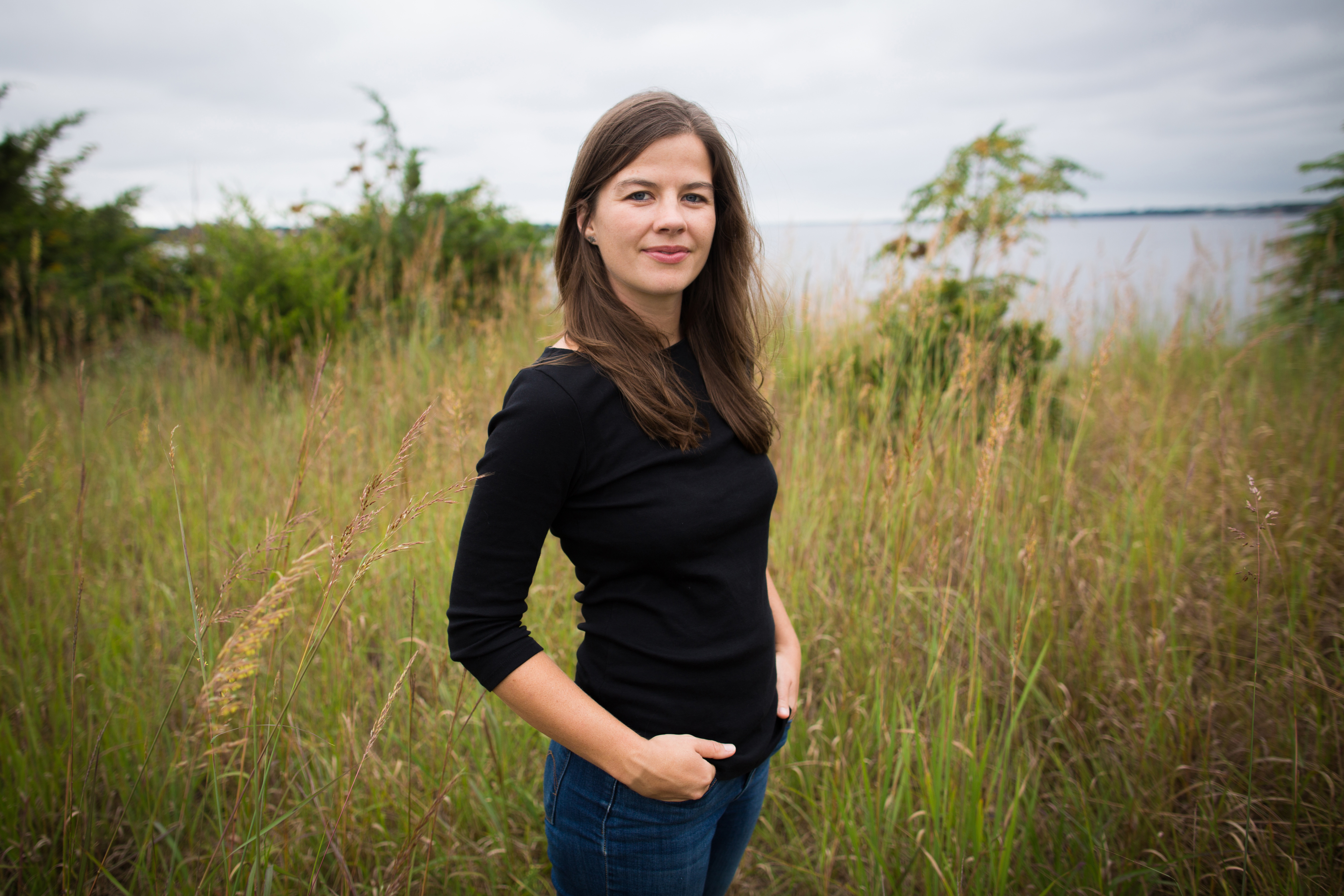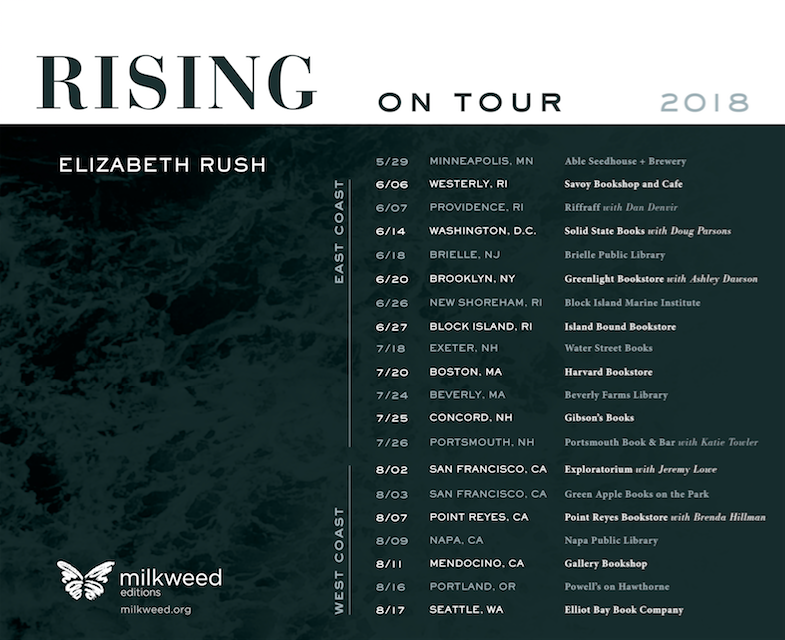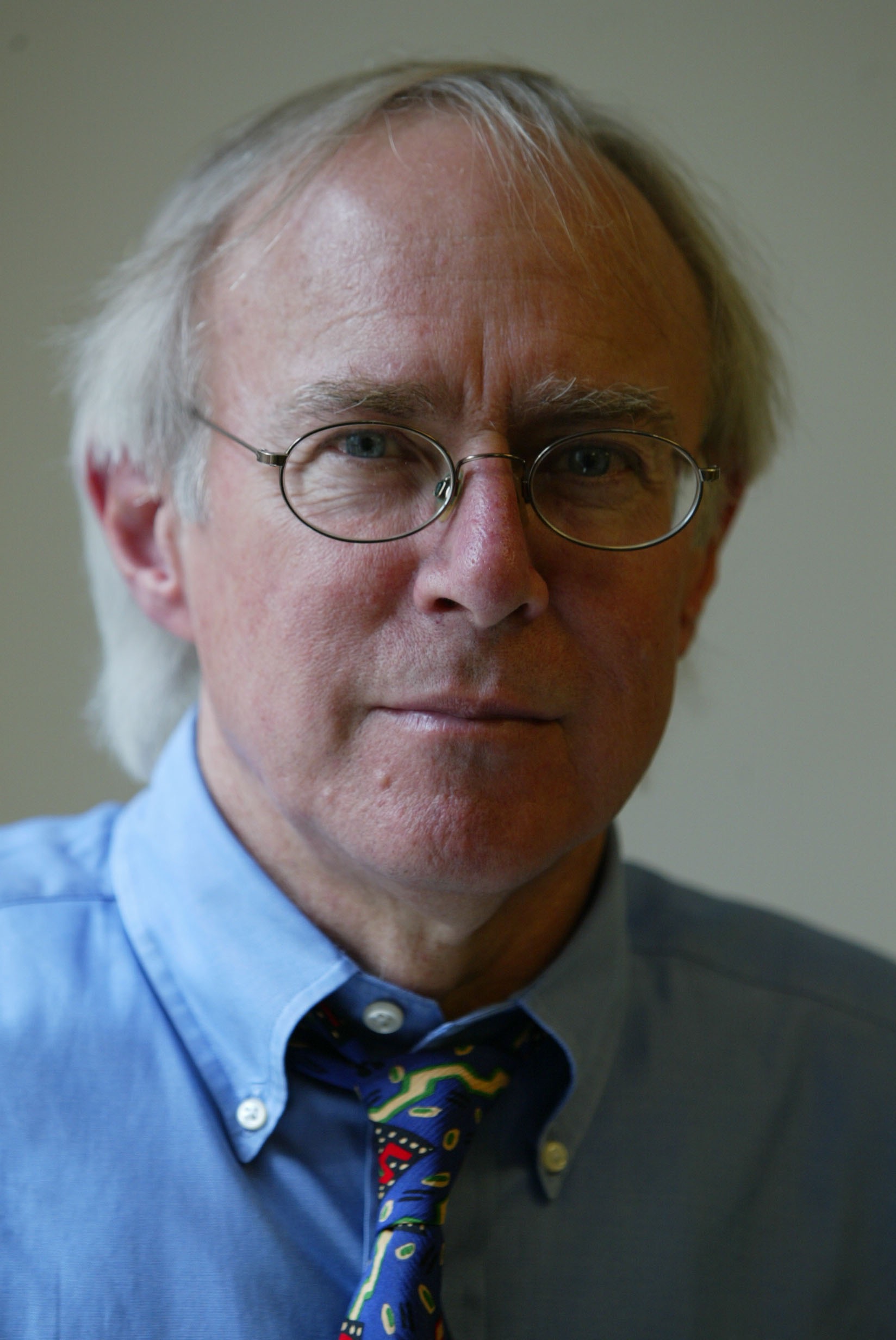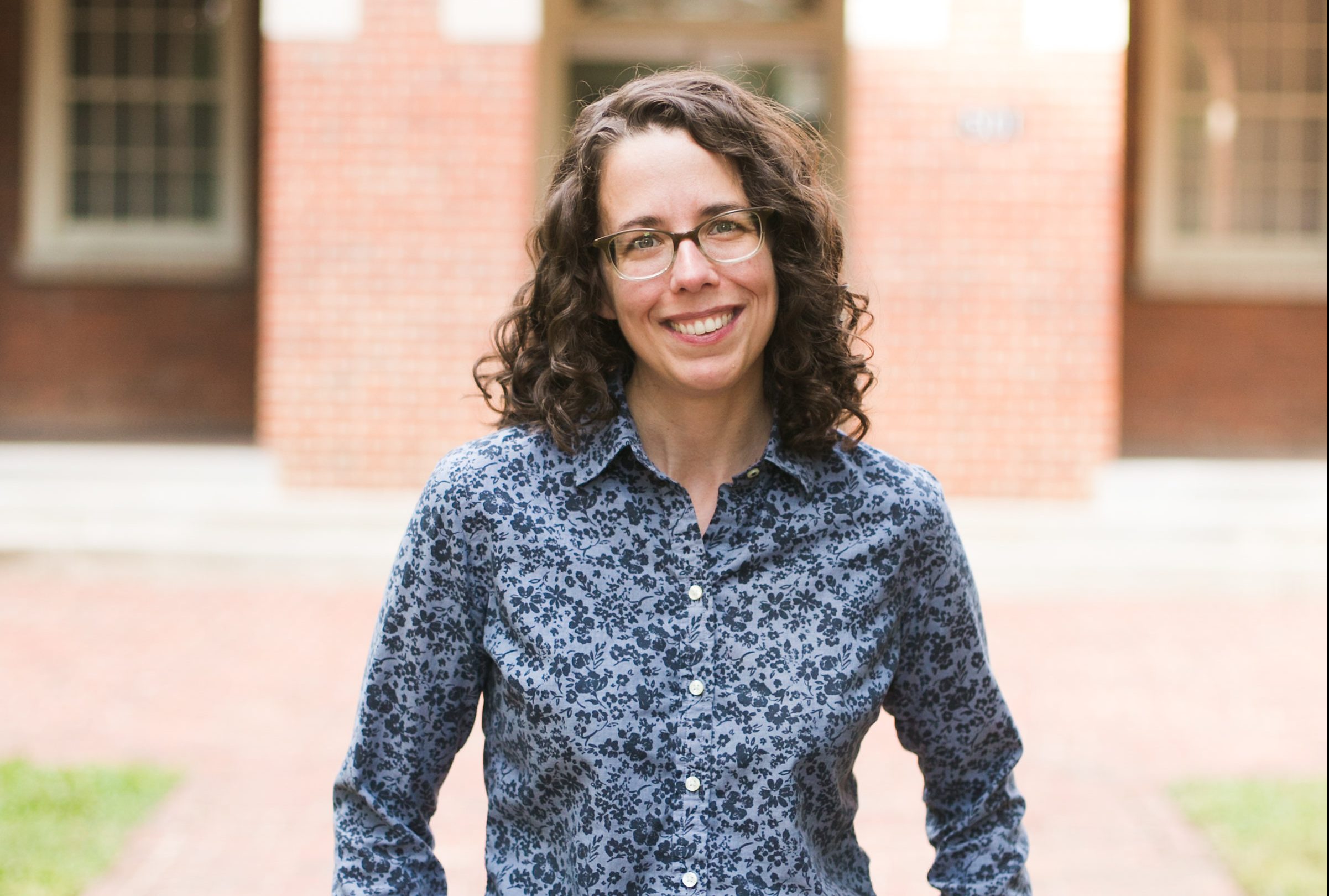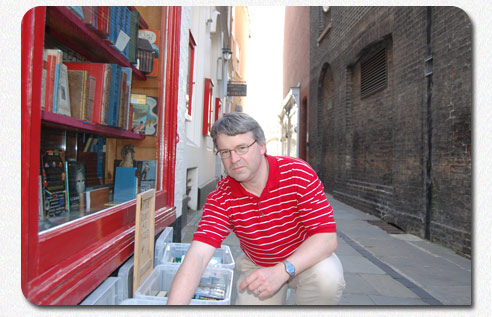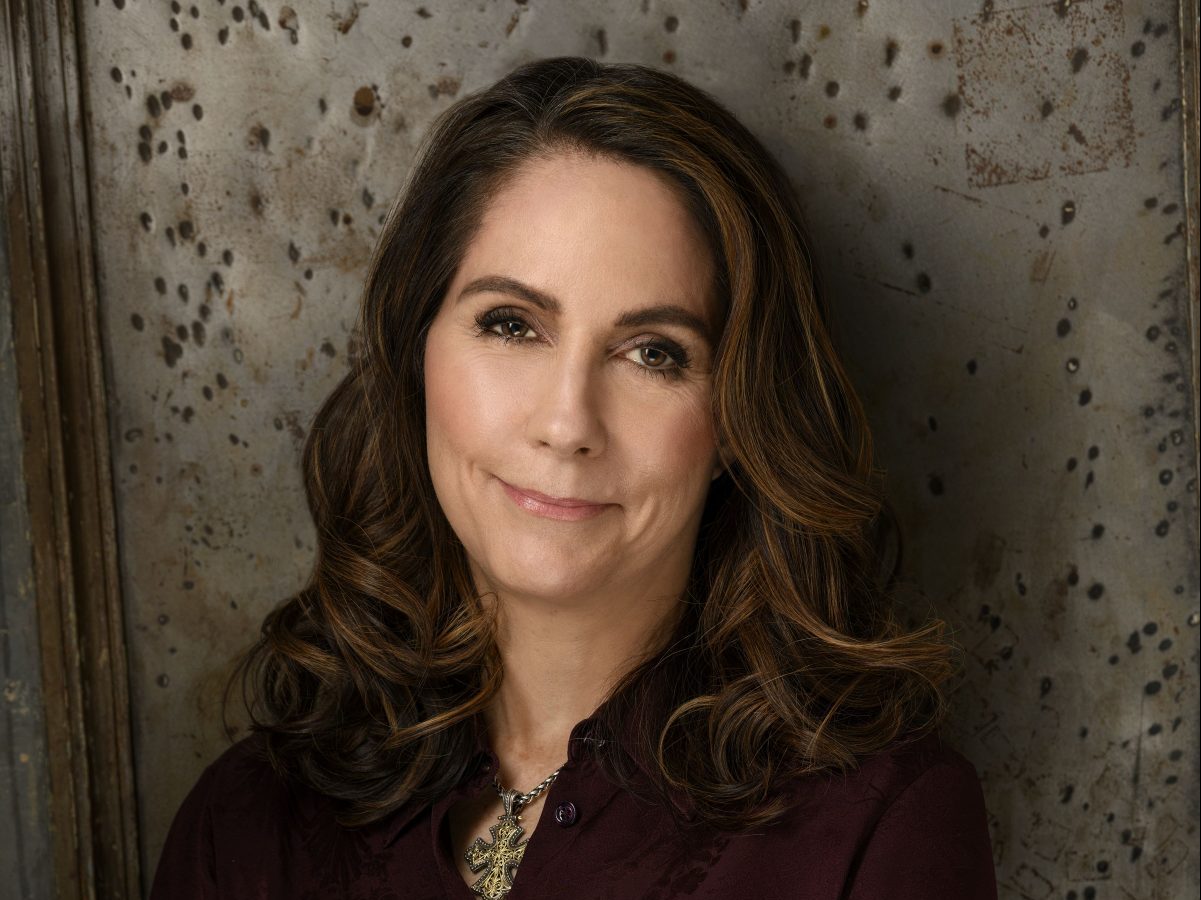
By Brendan O’Meara
Tweetables by Mary Karr (@marykarrlit):
“If I can get through the horribleness of the first draft, I have a chance.”
“I literally do fifty drafts of a poem.”
“Reading was socially sanctioned disassociation.”
Whoa, boy, CNFers, it’s Episode 100 of The Creative Nonfiction Podcast. 100? Here for the first time? This is my jam, the show where I speak to the best artists about telling true stories: leaders in narrative journalism, memoir, doc film, radio, and personal essay to tease out tactics, habits, origins, and routines so you can improve your own work. I’m your host Brendan O’Meara. Be sure to subscribe wherever you get your pods and share with a fellow CNF Buddy.
Man…Are you serious? 100 episodes and for this special occasion we here at CNF Pod HQ bring you Mary Karr. I’m sure 99.9% of you know who she is, but if you don’t here’s the rundown:
She’s the best-selling author of The Liar’s Club, Cherry, Lit, The Art of Memoir, and five books of poetry, including her latest, Tropic of Squalor published by Harper.
Mary is a professor at Syracuse University and is best known and most responsible for the boom in memoir when The Liar’s Club kicked all our asses and showed us what a personal story could be.
We talked a lot about:
- The importance of patience
- Working through dozens of drafts,
- The nature of talent
- And cellos, yes, cellos.
She’s @marykarrlit on Twitter and Facebook and her website is marykarr.com. Be sure to stick through the end of the show where Mary reads two amazing poems from Tropic of Squalor. You don’t want to miss out on that tasty goodness.
If you head over to brendanomeara.com you’ll find show notes as well as a chance to subscribe to my monthly reading list newsletter. And, no, if you click through and buy books I don’t get any kickbacks so you can rest assured that I’m selecting books that I enjoyed and get no compensation for. Once a month. No spam. Can’t beat that.
You can also support the podcast by leaving a review on iTunes as that helps our little corner of the internet get a little bit bigger. If you leave an honest review and send me a screenshot, I’ll coach up a piece of your work of up to 2,000 words. No diggity.
That’s gonna do it, CNFers. Here’s to the next 100 CNFin’ shows up in your ears.
Today’s podcast is brought to you by the 2018 Creative Nonfiction Writers’ Conference. Now in its 6th year, the CNF Writers’ Conference is three days celebrating the art, craft, and business of writing true stories. May 24th through 26th in downtown Pittsburgh. Details at creative nonfiction.org/conference. Listeners of this podcast receive 20% off the registration price by entering coupon code CNFPODCAST during checkout.
Promotional support is provided by Hippocampus Magazine. Its 2018 Remember in November Contest for Creative Nonfiction is open for submissions until July 15th! This annual contest has a grand prize of $1,000 and publication for all finalists. That’s awesome. Visit hippocampusmagazine.com for details. Hippocampus Magazine: Memorable Creative Nonfiction.
People Mentioned
Dean Young
Etheridge Knight
Robert Haas
Louise Gluck
Terrance Hayes



